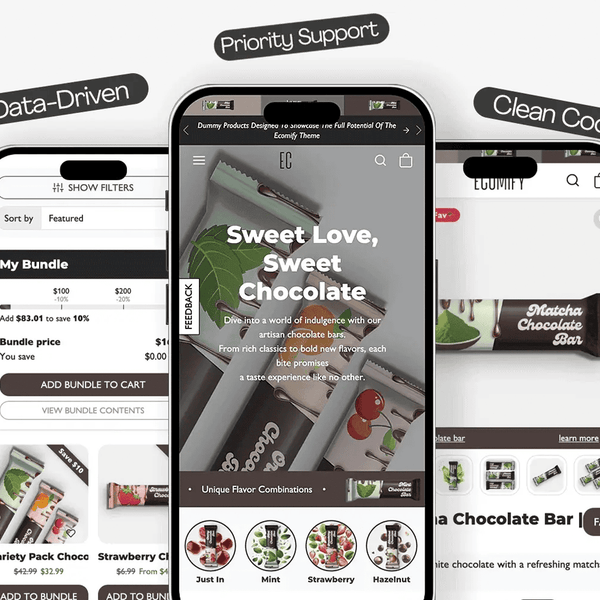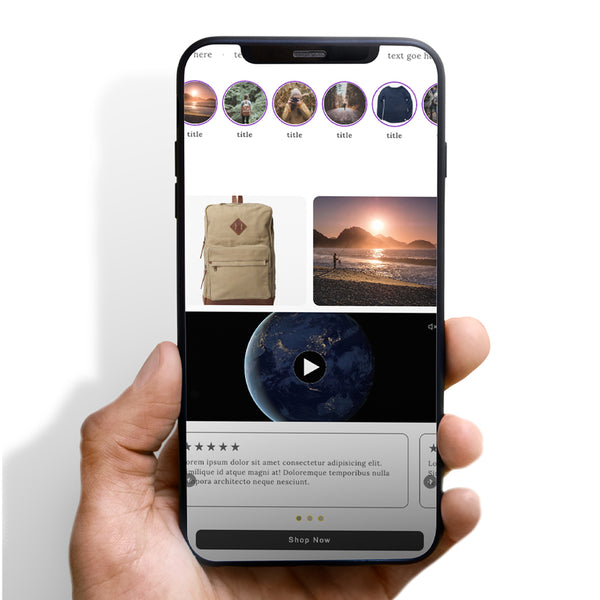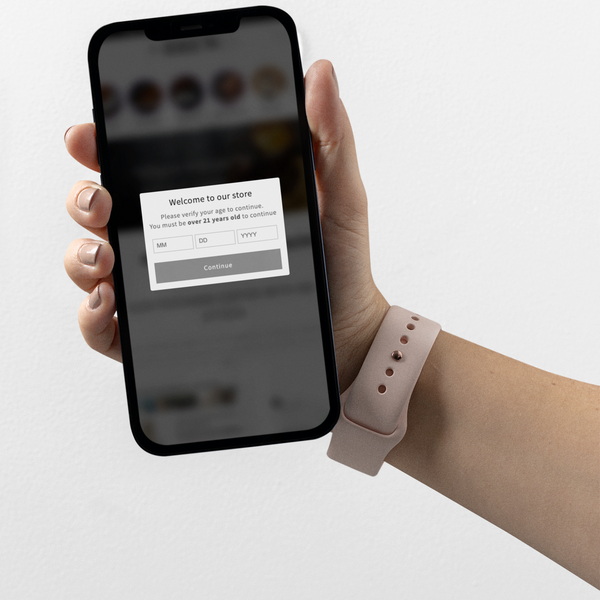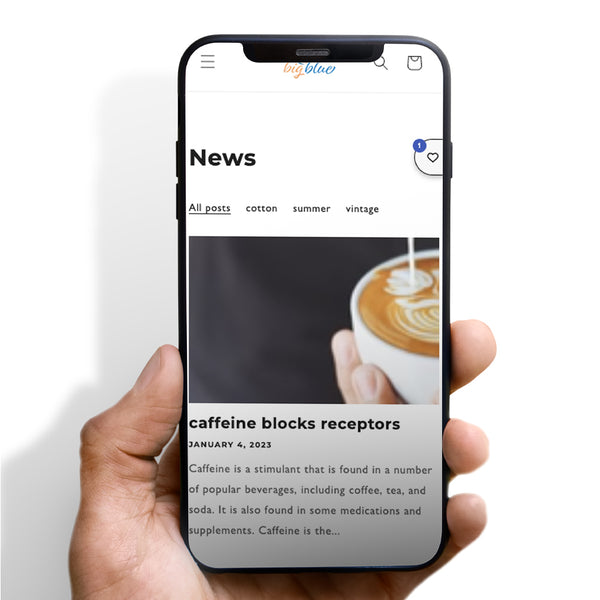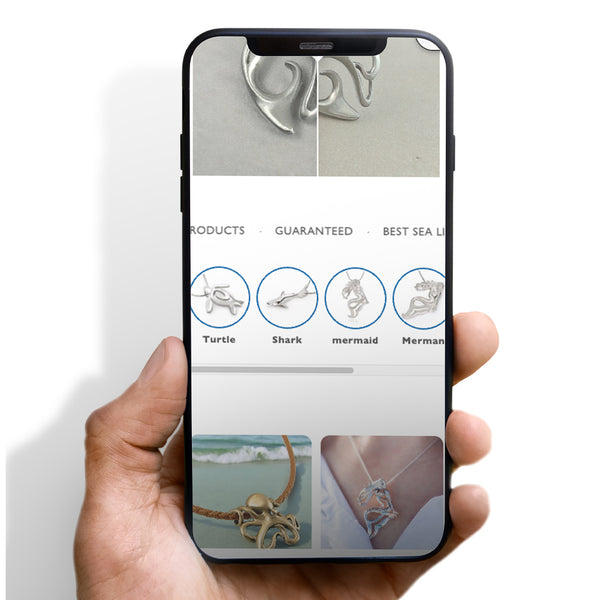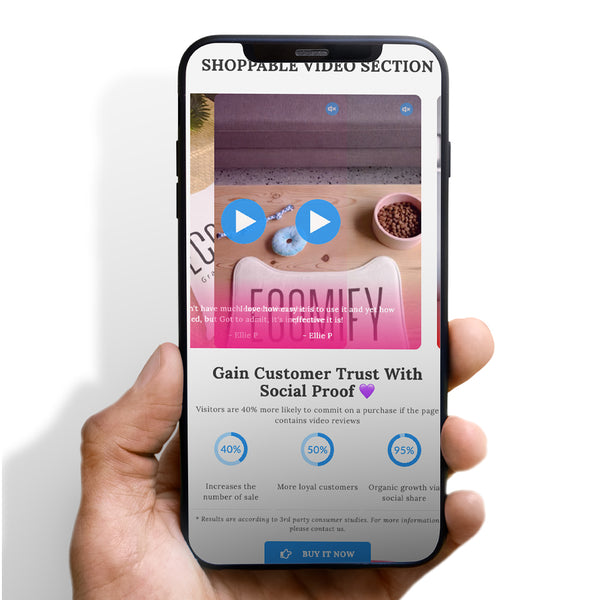INTELLECTUAL PROPERTY
To assist you in evaluating one's intellectual property rights, ECOMGRADUATES™ LLC has summarized general copyright principles and frequently asked questions below. This summary is applicable to United States Copyright law only. Please consult local laws regarding copyright laws in other countries.
THIS SUMMARY DOES NOT CONSTITUTE LEGAL ADVICE AND YOU MUST CONSULT YOUR OWN ADVISORS BEFORE MAKING ANY CLAIMS AS TO ONE'S RIGHTS IN THE WORKS PRODUCED.
Your use of ECOMGRADUATES ® is governed by our Terms of Service (TOS), Privacy Policy, and Intellectual Property Claims policy. Failure to follow ECOMGRADUATES ® policies may result in the termination of your accounts or ability to interact on the ECOMGRADUATES ® LLC platform.
FAQ
What Is Copyright?
Copyright is a form of protection provided by applicable law to creators of original works. This mainly applies to the creative categories. The owner of the copyright usually has the exclusive right to use or distribute the work. Exclusive rights can include:
- The right to reproduce (copy) or distribute the original work
- The right to create derivative works based on the original work
- The right to perform or display the work publicly
You do not need to formally register your copyright with the U.S. Copyright Office to retain intellectual property rights in your work in the United States. Federal registration of your copyrighted work, however, may give you additional legal tools to protect against copyright infringement (described below). For more information on federal registration of copyrights, visit the U.S. Copyright Office website at http://copyright.gov.
What types of work are protected by copyright?
- Audiovisual works (tv shows, online videos)
- Audio/sound recordings
- Musical compositions
- Visual content including paintings, posters, and advertisements
- Photographs
- Graphics
- Dramatic works, including plays and musicals
Violation of these rights is called copyright infringement.
So, what’s copyright infringement and how do I avoid it when selling my services?
Copyright infringement is the use of works protected by copyright law without the rights holder's permission. Using copyrighted material is against our Terms of Service and in addition can be illegal, result in litigation or fines to you and your Clients and is not the original, unique work Clients expect to receive from sellers on ECOMGRADUATES® LLC .
If you use any content that you have licensed from a 3rd party as part of your delivery (such as stock photos, licensed music), state it clearly and don't present it as your own. Also, be sure to verify that your license for 3rd party work includes the right to modify and resell this work.
Since this is not a legal document and copyright law is complex, here are a few tips to help you stay out of trouble:
- Always assume that work that is not your own is protected by federal copyright law unless you are able to reliably prove that it is not. This includes images or articles downloaded from the web, even if they are freely available.
- Don't take or borrow anything from the Internet in your work, because it is almost always copyrighted.
- When you use work that is licensed - read the terms of the license. You may not have the ability to use licensed work, even if you paid for it. If your license covers use of the work, be careful to include information regarding the license in the use of the work.
- Be creative. If you question whether a certain action would infringe on the copyright of someone else, ask: Is this a creative work, or am I simply drawing from the creativity of someone else?
Examples:
- Scanning or copying something yourself does not, by itself, give you a new copyright over anything. For example, you cannot find a logo on the Internet, and then re-use it or Photoshop it without obtaining a proper license from the rights holder; the copyright would still reside with the author of the work.
- Taking a screenshot of a video or an image does not make for a new copyright. The copyright in the resulting screenshot would still be held by the copyright holder of the original video or computer program.
- Copying a design and changing one color or element of the design is still copyright infringement.
- Re-selling free stock photography may be copyright infringement, depending on the terms of the license.
- A few examples of non-creative things are not copyrightable: a plain text logo in a generic font. Neither are simple geometric shapes. But don't rely on this unless you are certain.
For more information, see the United States Copyright Office summary of Copyright Basics.
Who Owns the Copyright?
On the ECOMGRADUATES® LLC platform, Clients are granted all rights for the delivered work, unless otherwise specified by the Verified Service Provider (VSP)on their Project page.
Note: Some Services charge additional payments for commercial use.
This means that if you purchase the Project for personal use, you will own all rights to the delivered work without purchasing the Extra. If you intend to use it for business purposes, you will need to buy the Extra ECOMGRADUATES® LLC retains the right to use all published delivered works for ECOMGRADUATES.COM marketing and promotion purposes. If you have more questions, visit our complete Terms of Service.
Outside of the ECOMGRADUATES® LLC platform, copyright ownership is owned by one of the following:
- Author/Creator
- Author/Creator's heirs
- Creators of a joint work automatically share copyright ownership unless there is a contrary agreement.
- Anyone to whom the author/creator has given or assigned his/her copyright. This means the author/creator has given up his/her copyright in the work. An example is works made for hire - someone pays a creator for original work including copyrights.
Can ECOMGRADUATES® LLC determine copyright ownership?
No. As a global platform operating in 196 countries featuring 100% User Generated Content (UGC ECOMGRADUATES® LLC isn't able to mediate rights ownership disputes. Per our Terms of Service and Intellectual Property Policy, we promptly remove any content reported to be infringing subject to sufficient proof and remove repeat infringers.
How do I report a claim of copyright infringement?
Visit our Intellectual Property Claims policy for complete information on reporting claims of copyright or intellectual infringement, as well as trademark violations.
Is copyright the same as trademark?
Copyright is just one form of intellectual property. It's not the same as a trademark, which protects brand names, logos, and other source identifiers from being used by others for certain purposes.
What is a copyright license?
Licensing is when a copyright owner grants permission to use the copyrighted work or part of it. This permission can include copying, distributing, displaying, transforming, or perform a copyrighted work. It could be limited in time, to a geographic area or to certain use cases, depending on the license.
What are Public Domain Works?
Works that aren't restricted by copyright laws and don't require a license or fee to use. Works enter the public domain because they aren't copyrightable or become part of the public domain because the copyright term has expired.
INTELLECTUAL PROPERTY RIGHTS
Unless otherwise indicated, the Website is our proprietary property and all source code, databases, functionality, software, website designs, audio, video, text, photographs, and graphics on the Website (collectively, the “Content”) and the trademarks, service marks, and logos contained therein (the “Marks”) are owned or controlled by us or licensed to us, and are protected by copyright and trademark laws and various other intellectual property rights and unfair competition laws of the United States, international copyright laws, and international conventions. The Content and the Marks are provided on the Website “AS IS” for your information and may not be used without our express written permission. Except as expressly provided in these Terms of Use, no part of the Website and no Content or Marks may be copied, reproduced, aggregated, republished, uploaded, posted, publicly displayed, encoded, translated, transmitted, distributed, sold, licensed, or otherwise exploited for any commercial purpose whatsoever, without our express prior written permission. We reserve the right to protect all intellectual property found on the site and in any theme or product provided heron, including by means of using data and account access to protect customer accounts and/or identify stores/customers infringing on our intellectual property. A customer’s failure to strictly observe the limited licenses available to it as provided for on the Website or in any product may result in loss of access to such product, feature of the Website in EcomGraduates’ sole discretion.

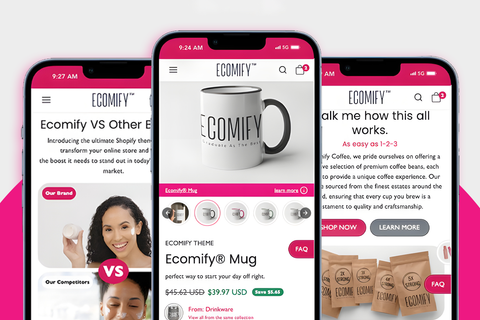



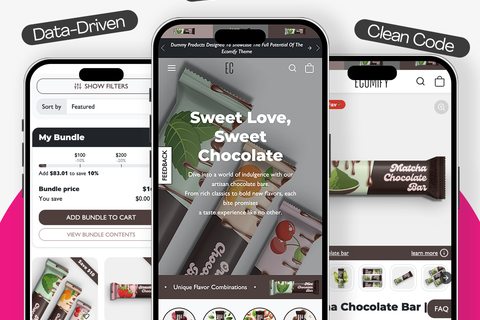
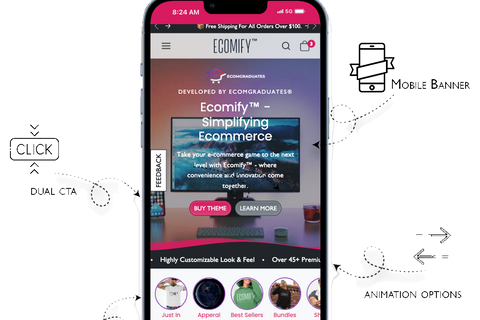
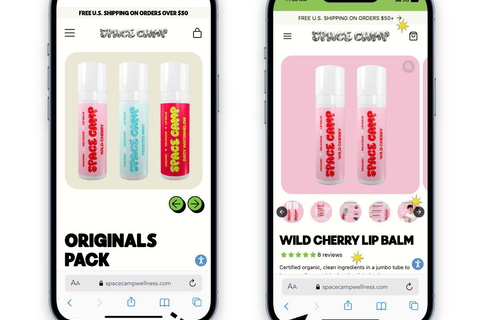
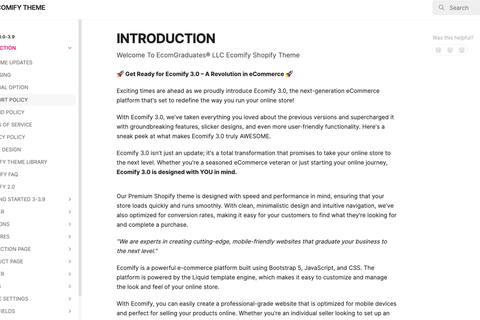






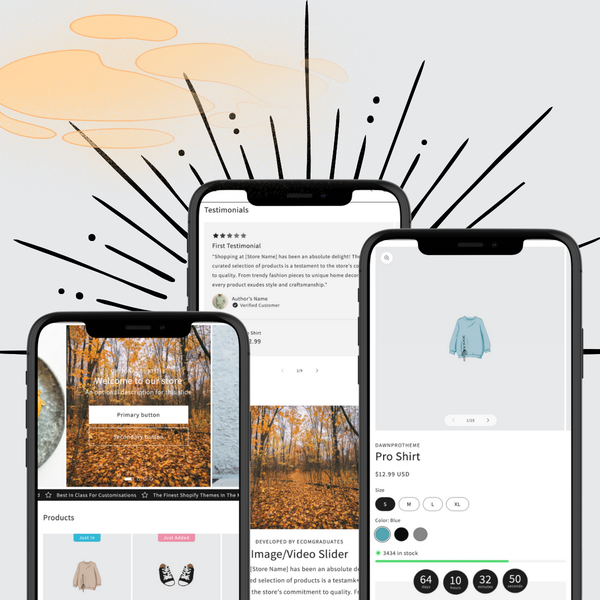



 5/5 from 144 reviews
5/5 from 144 reviews


